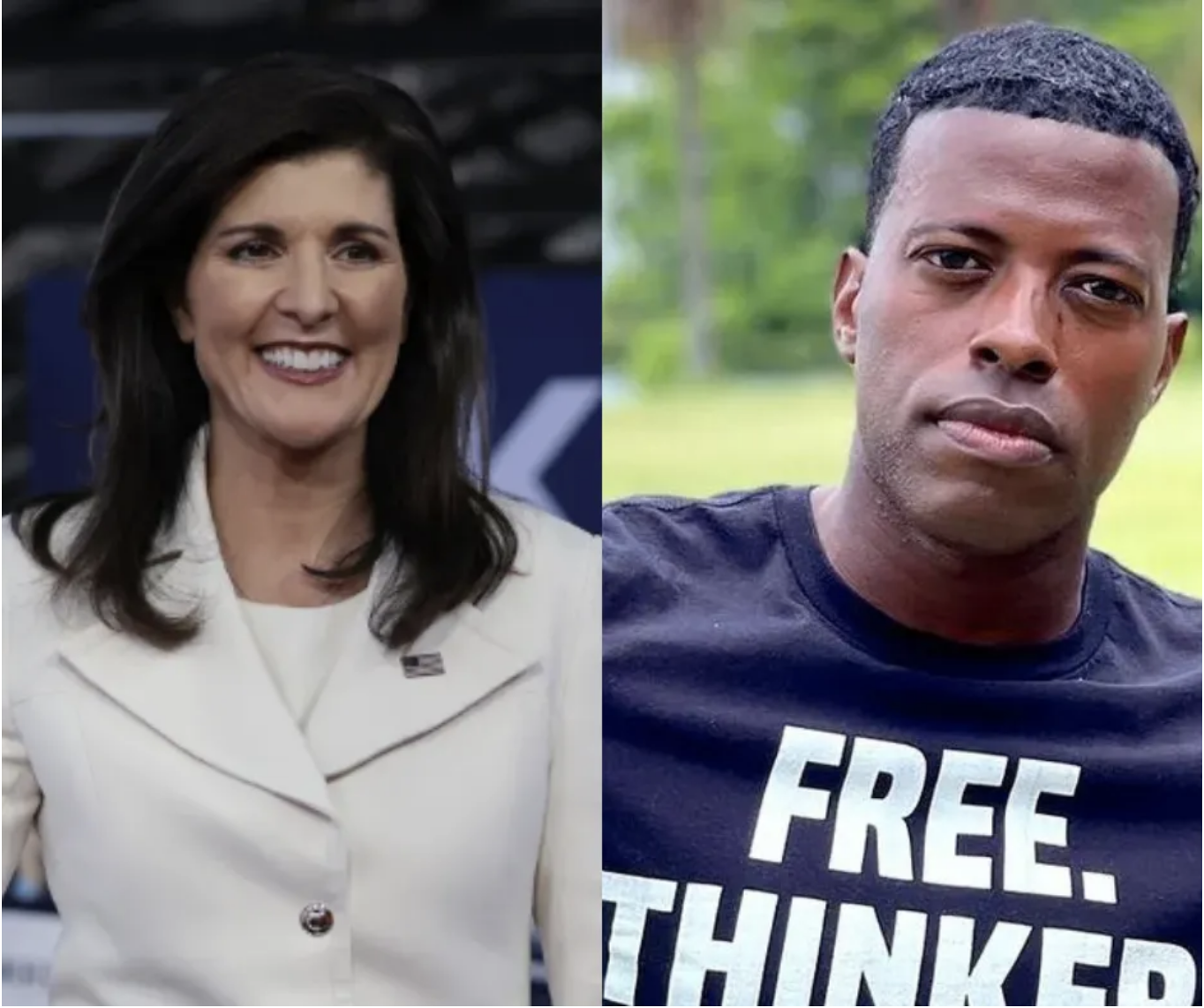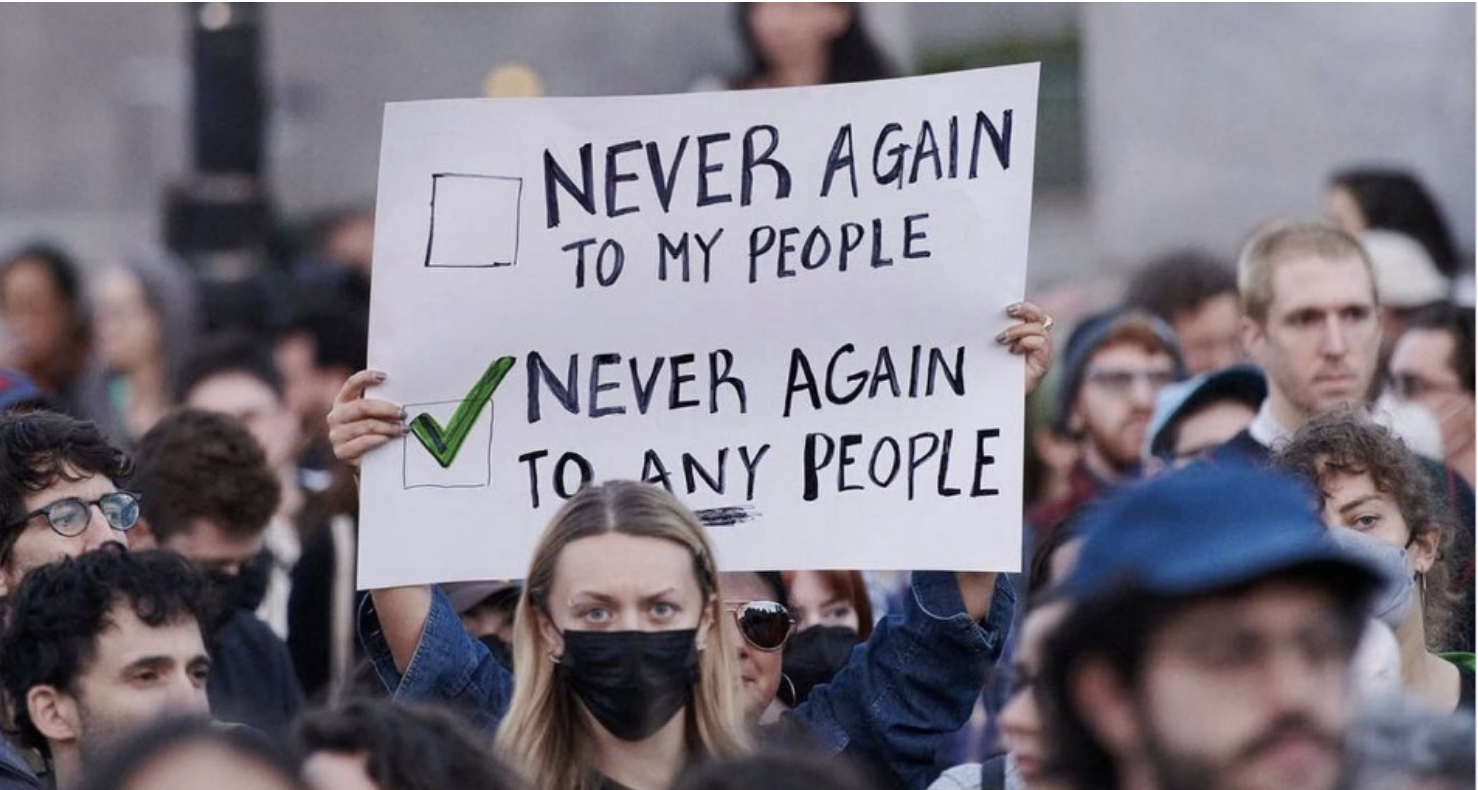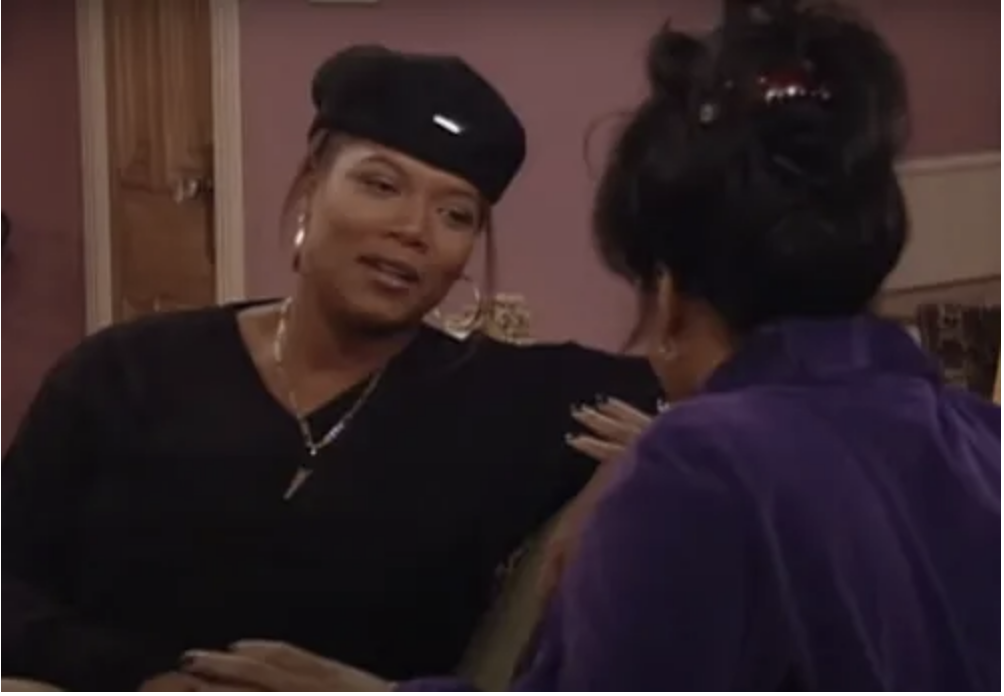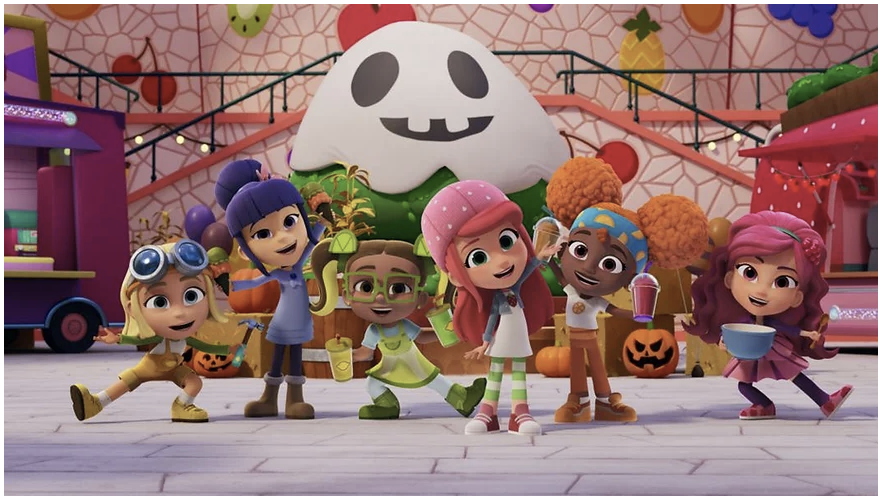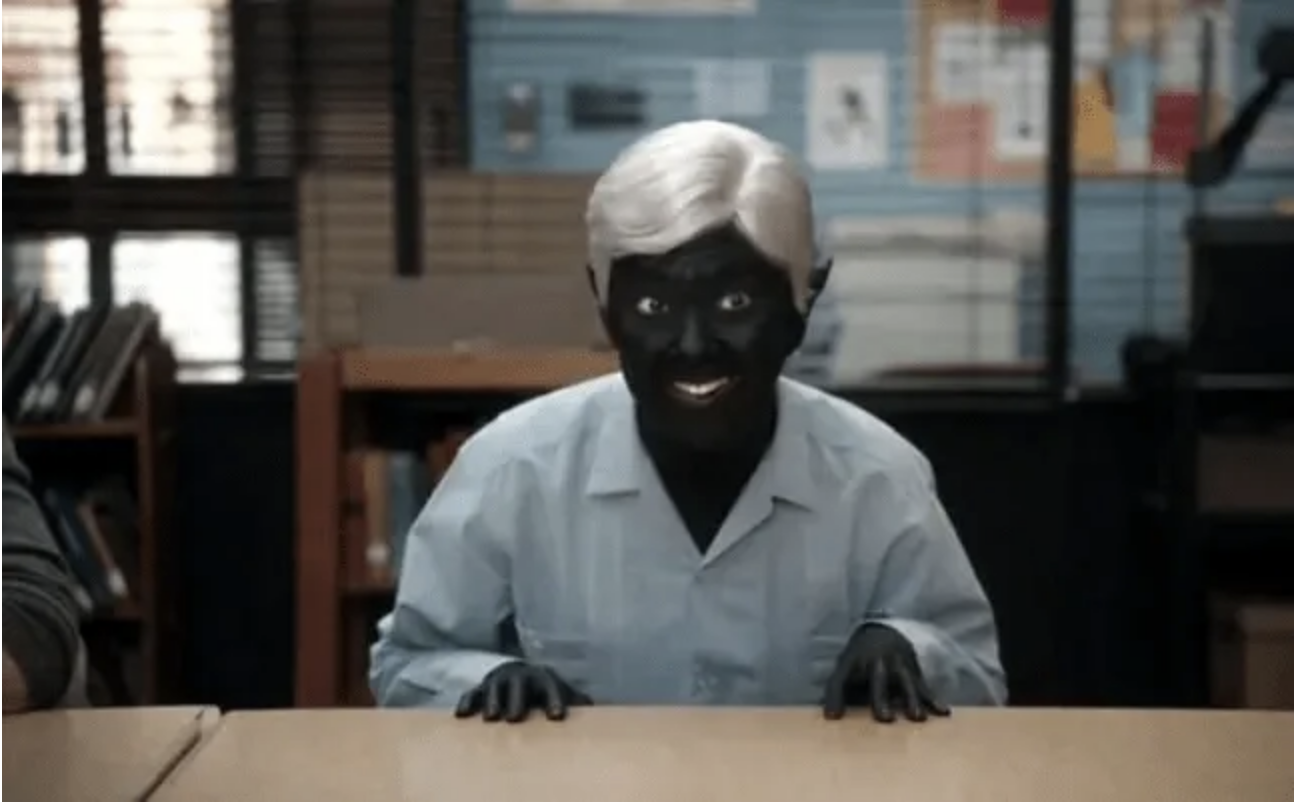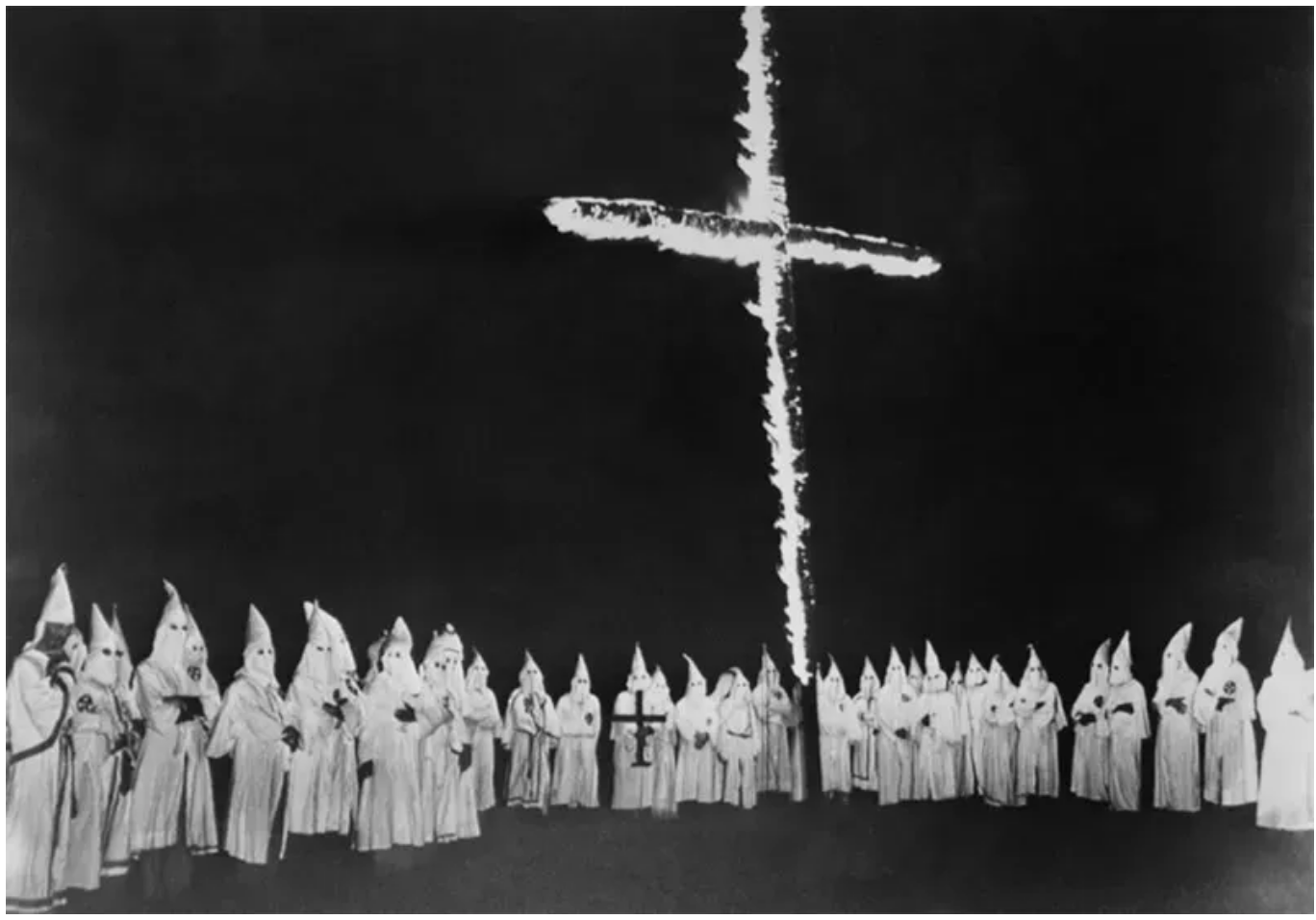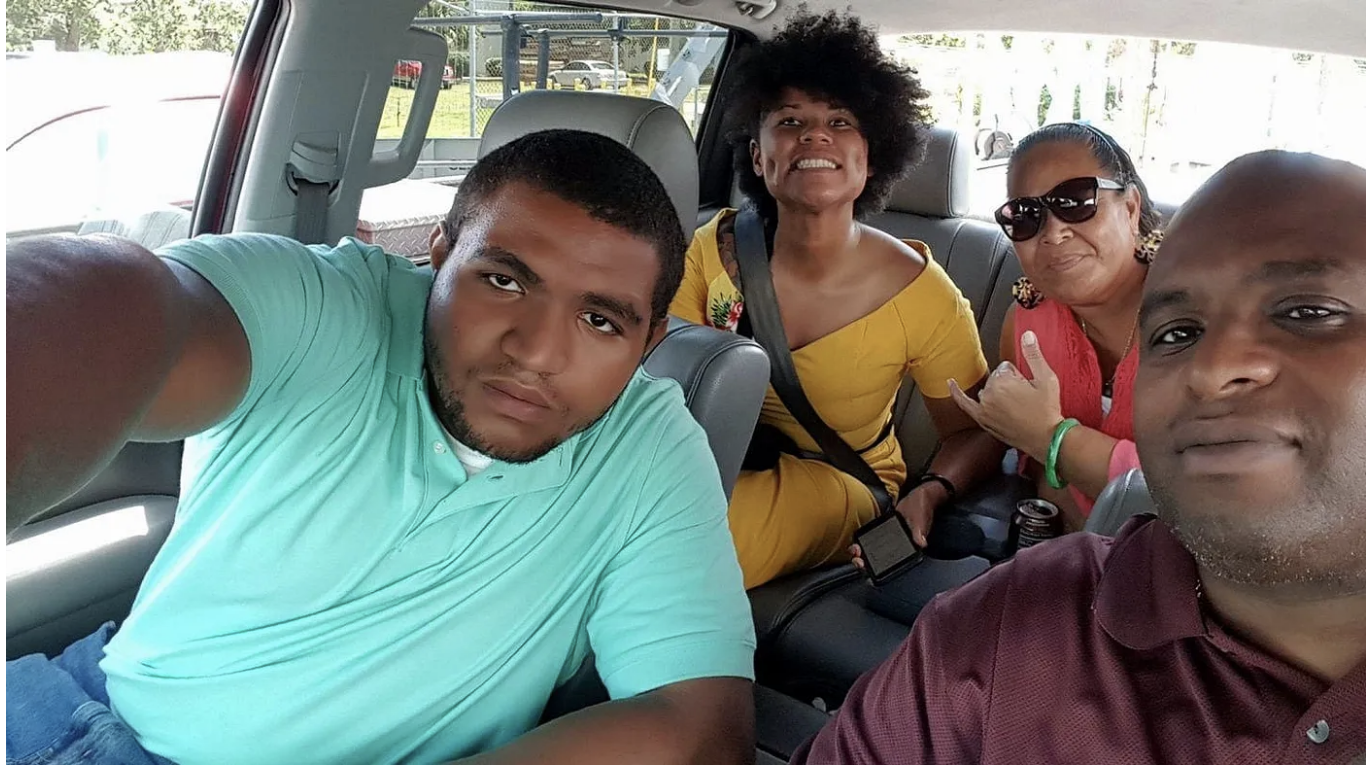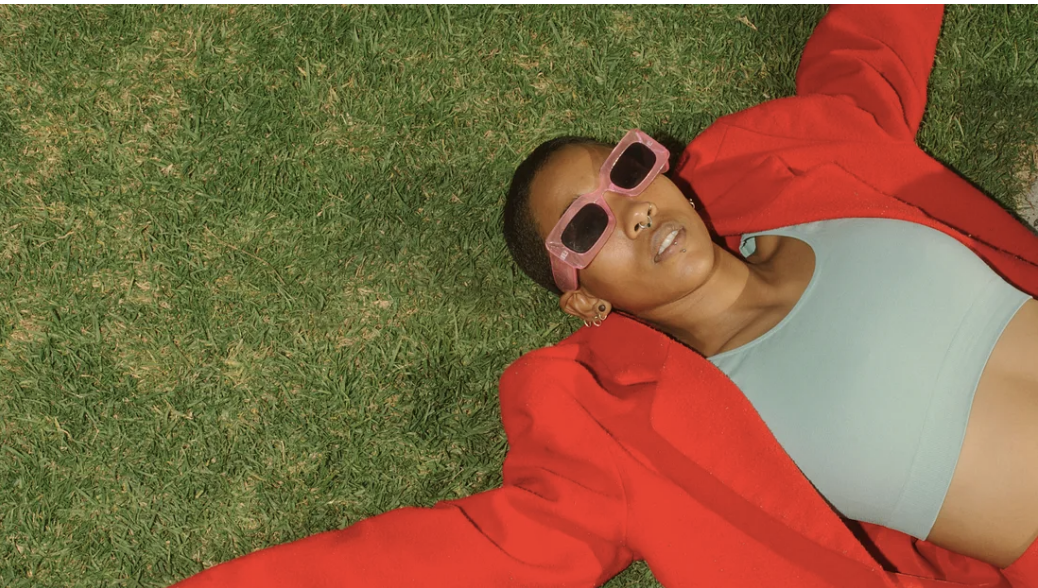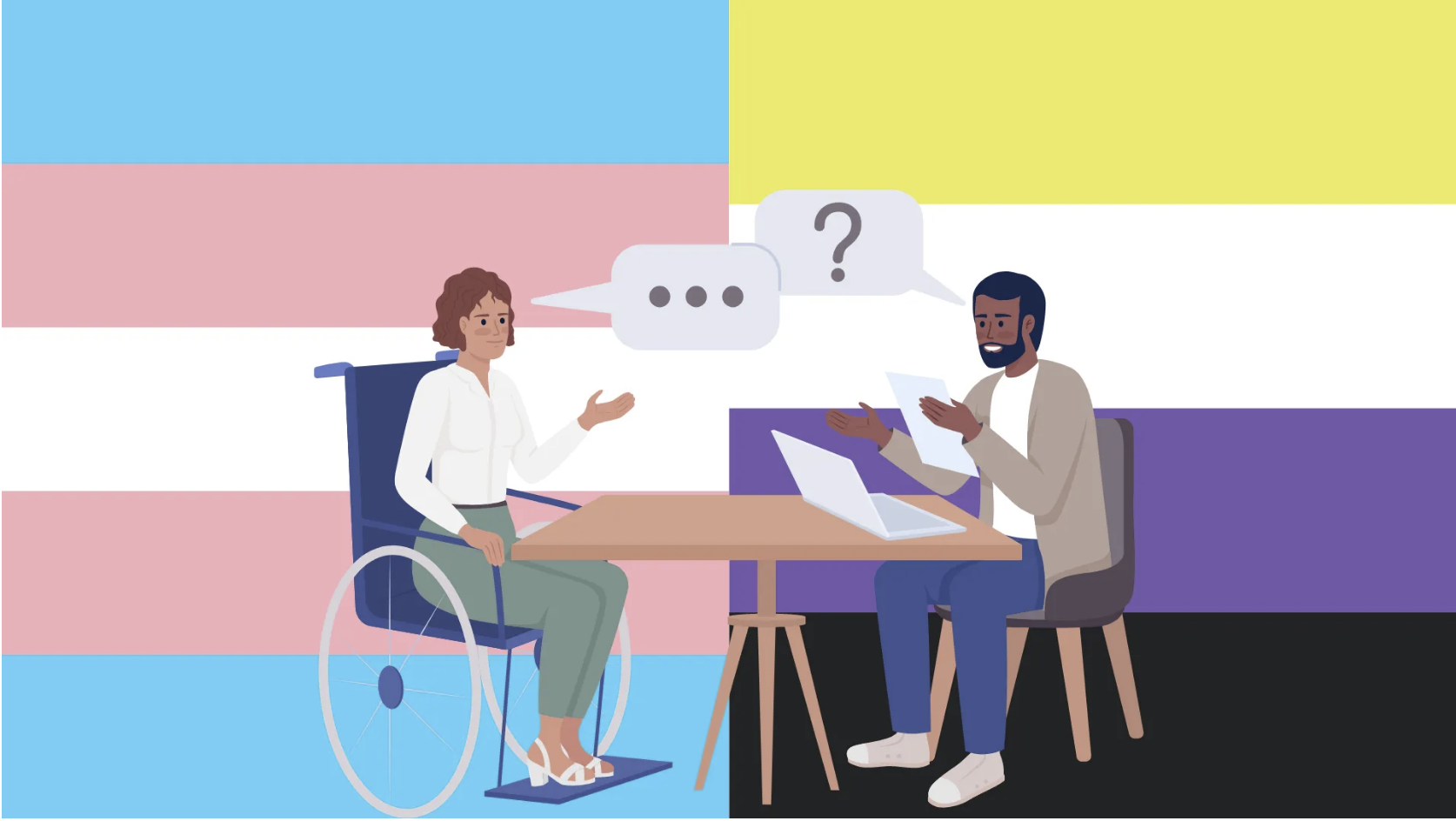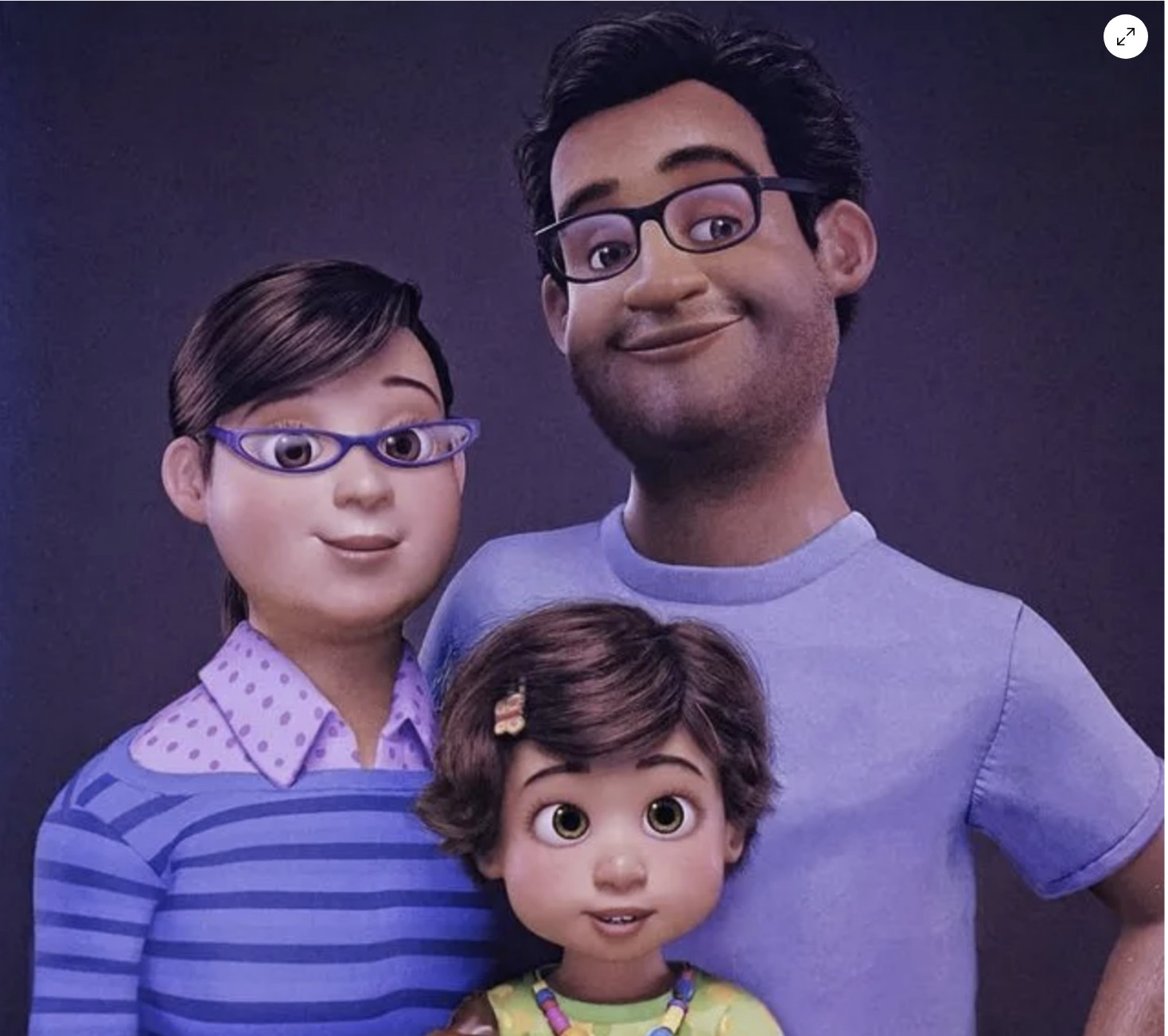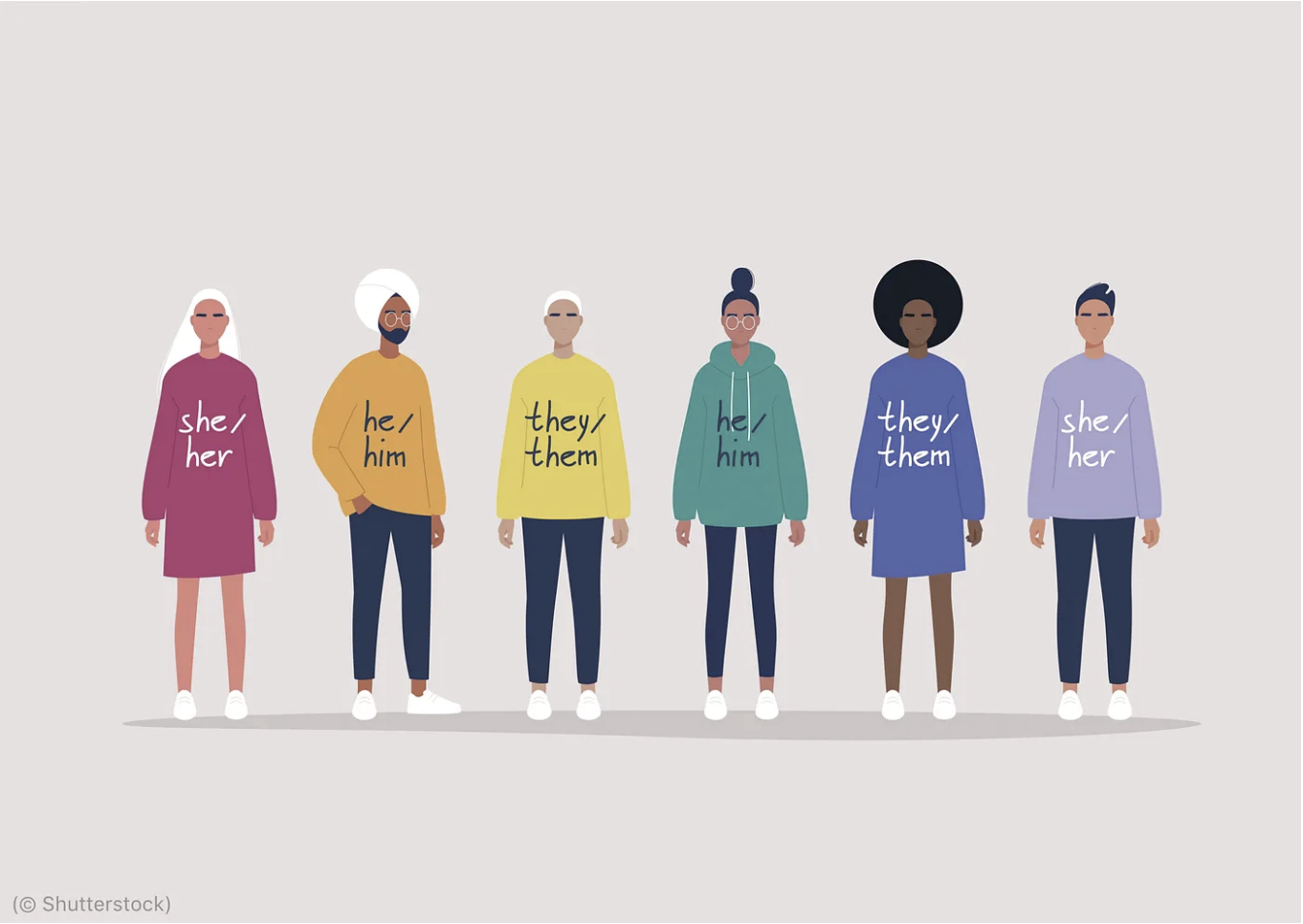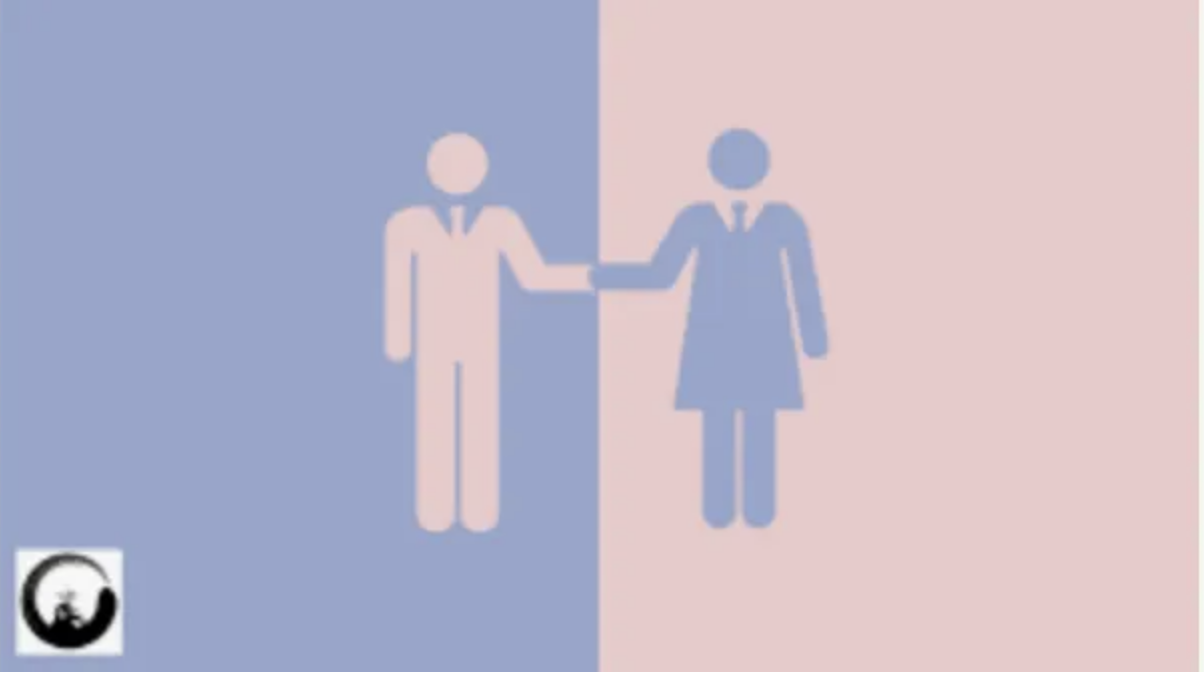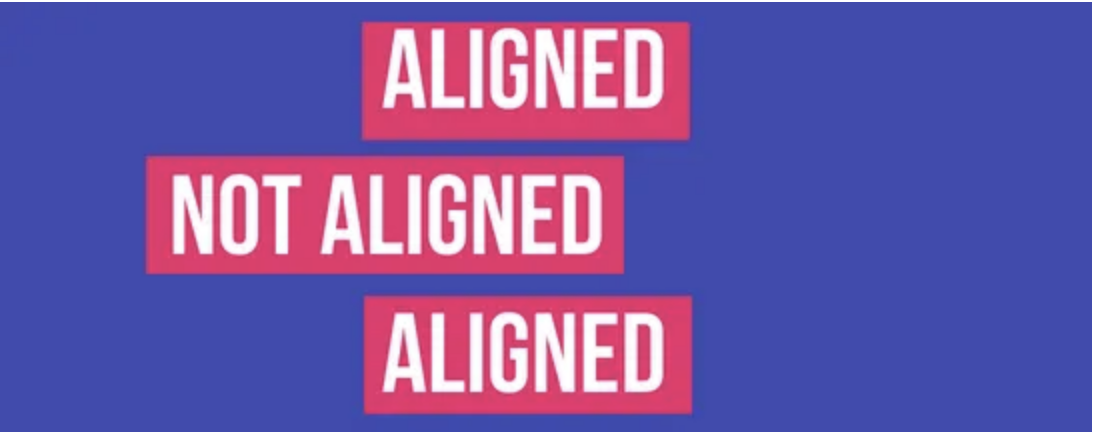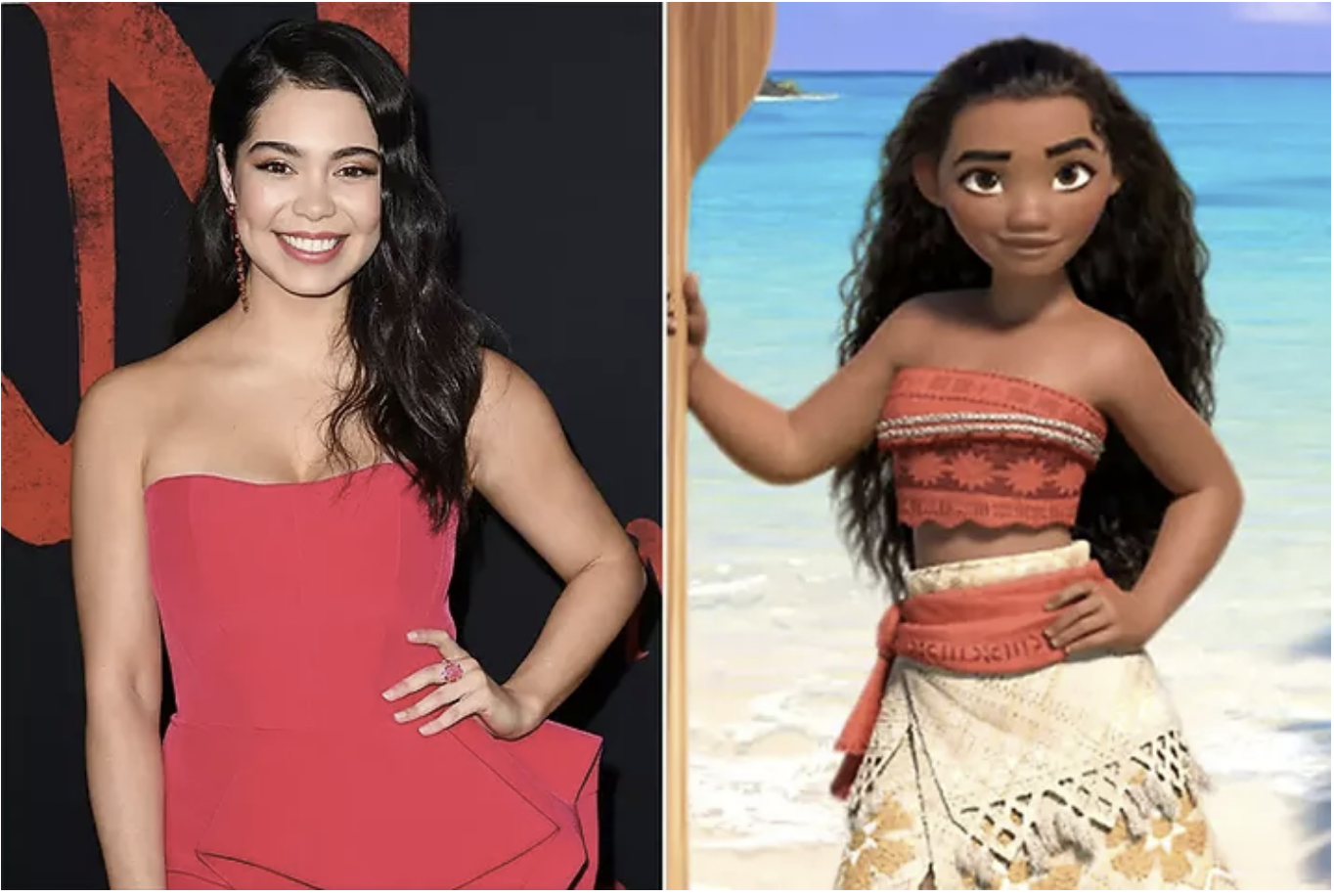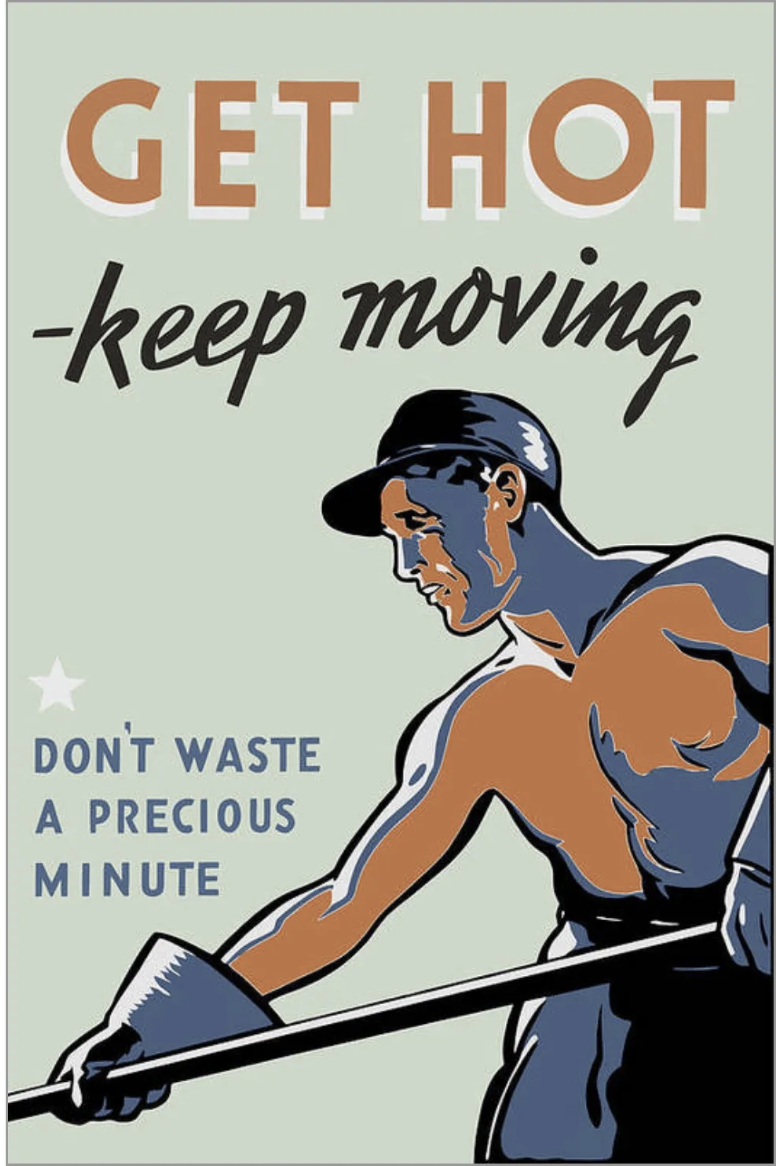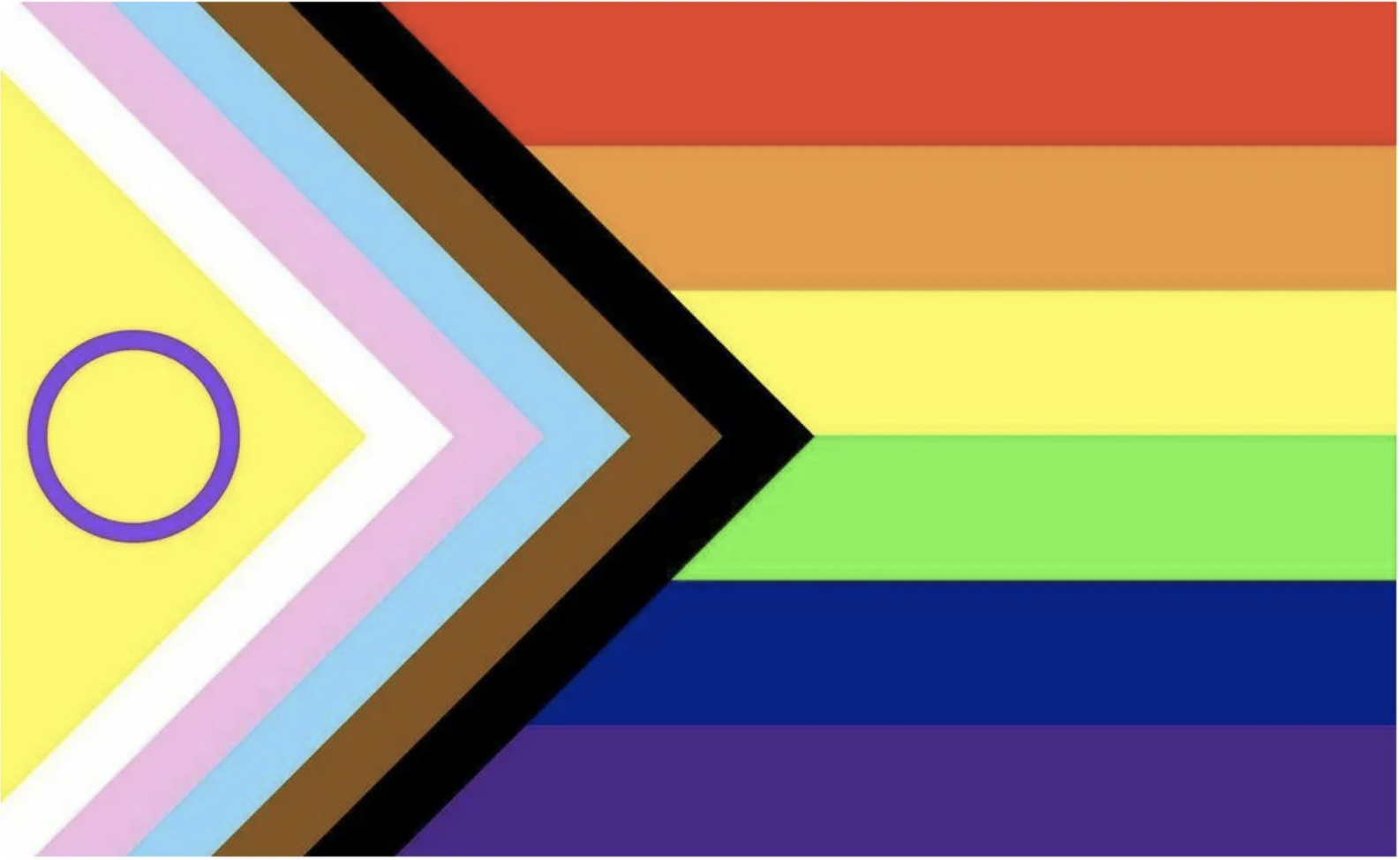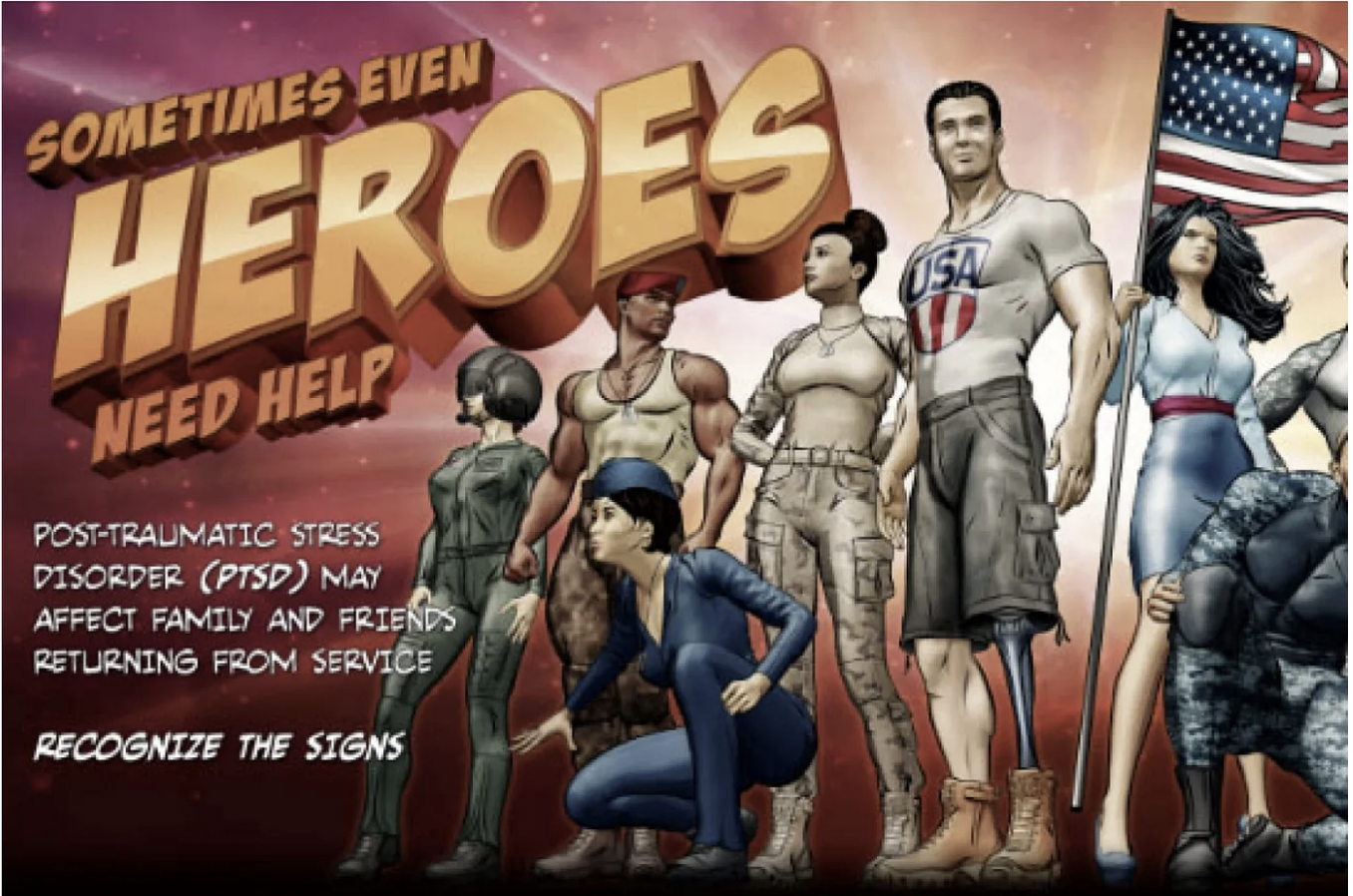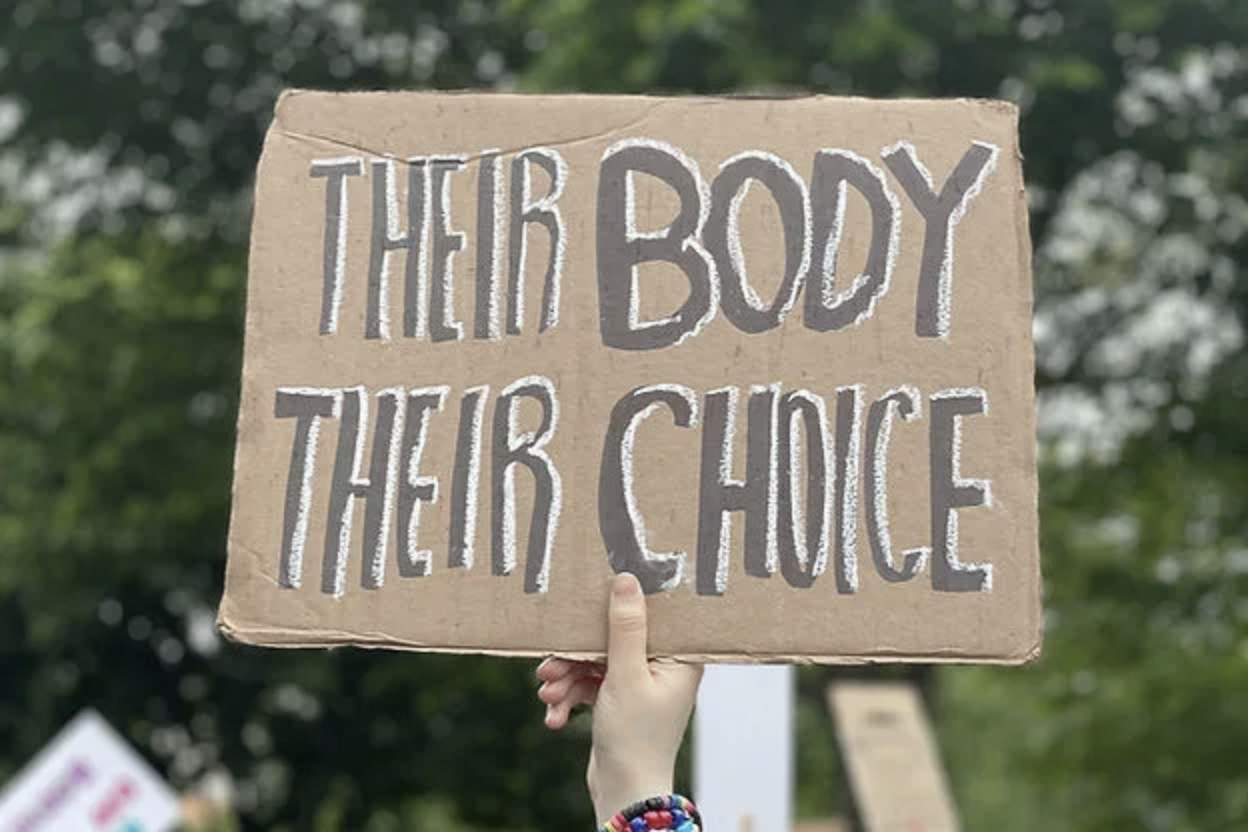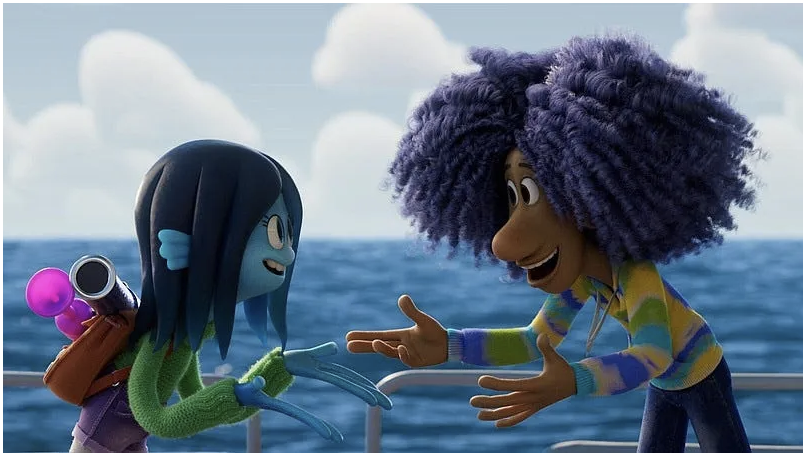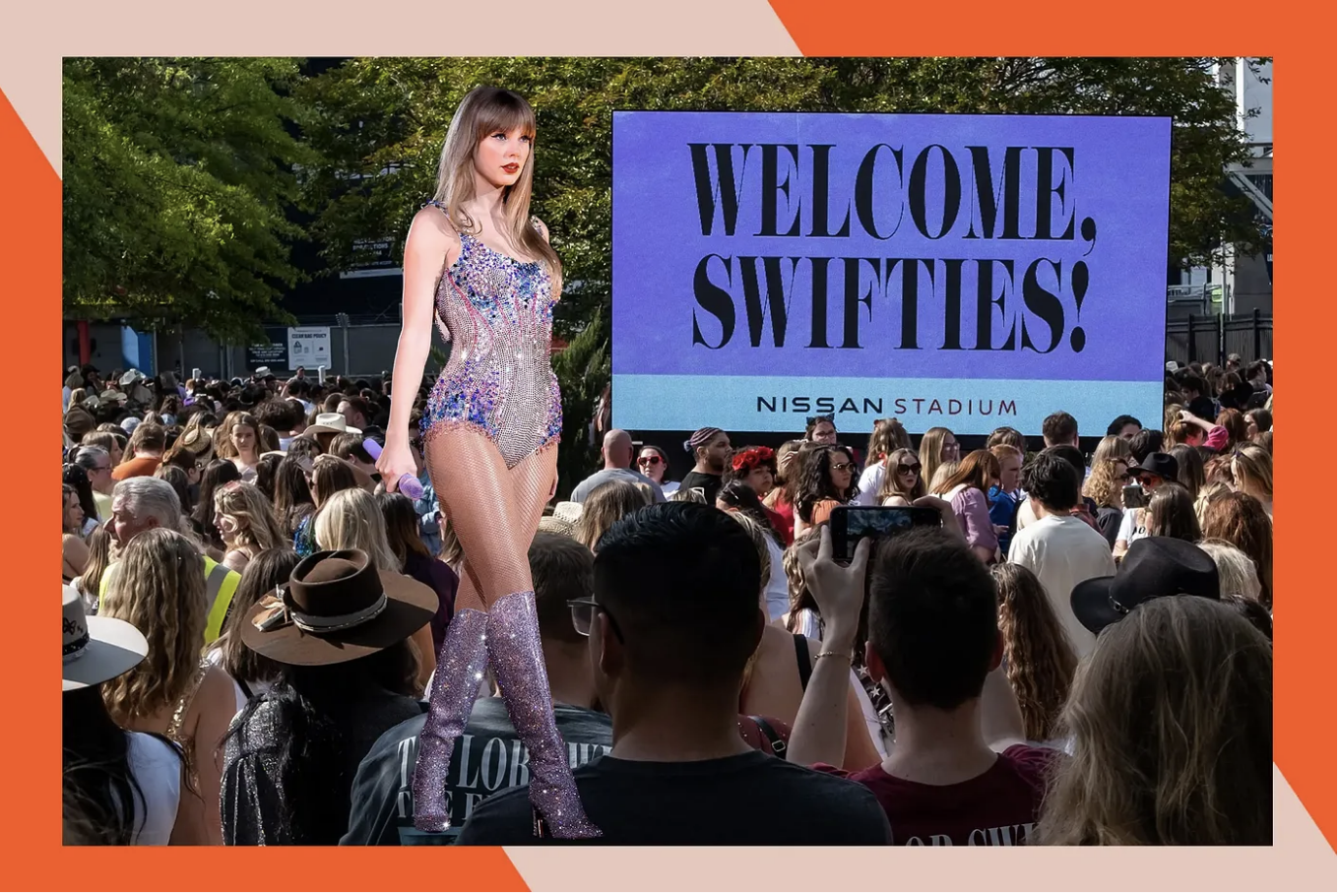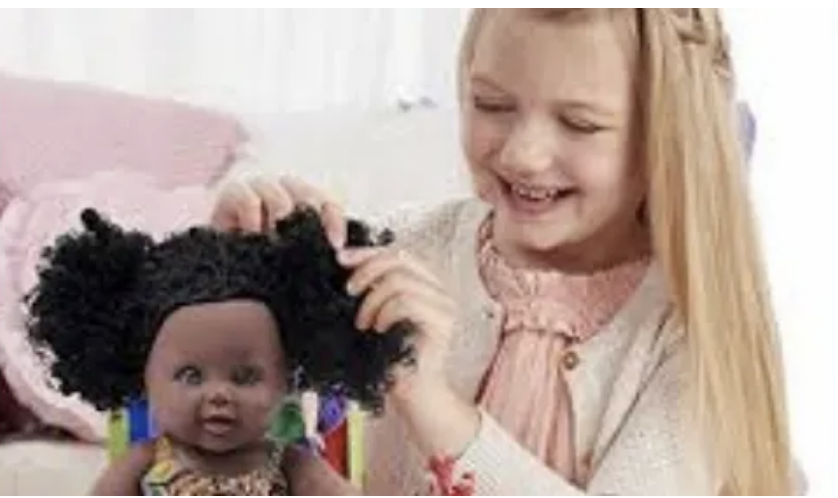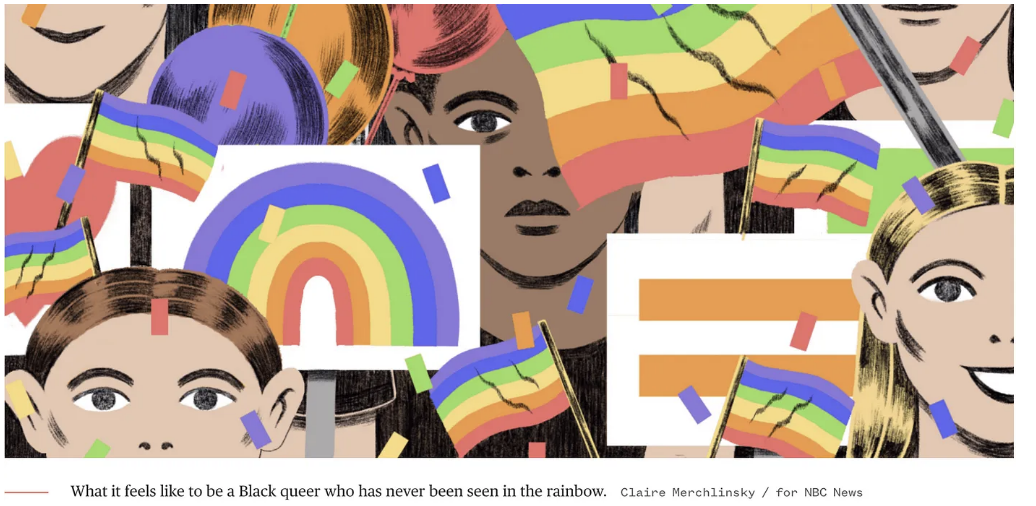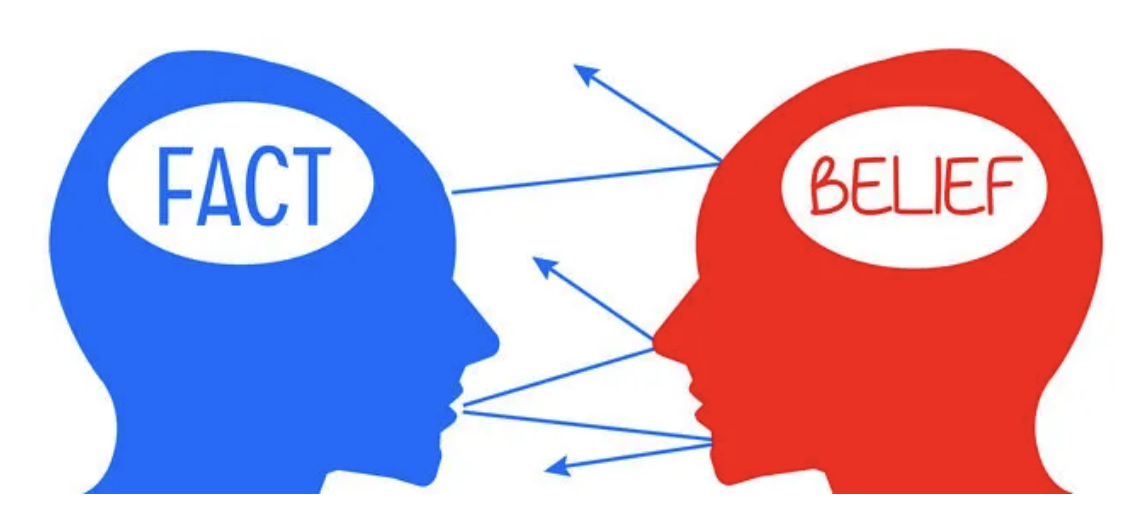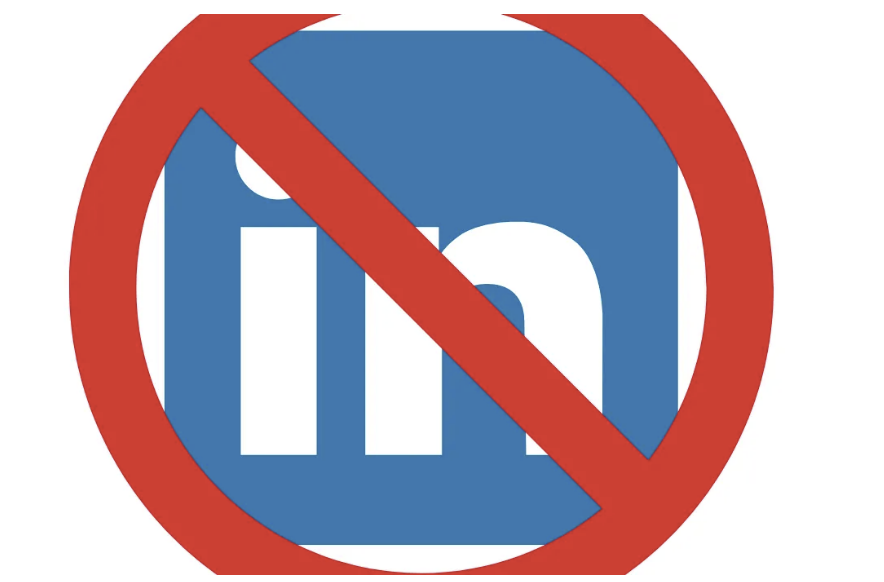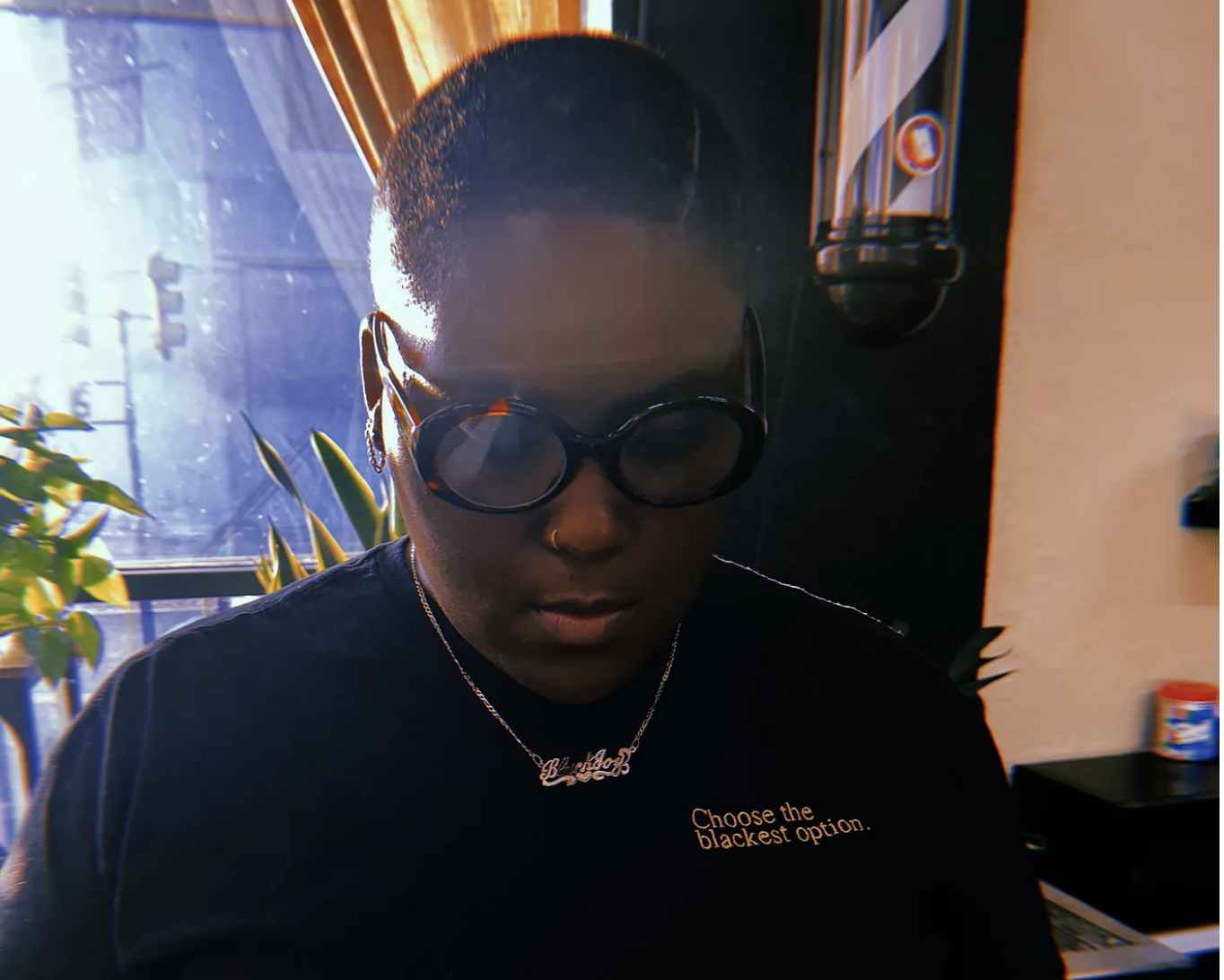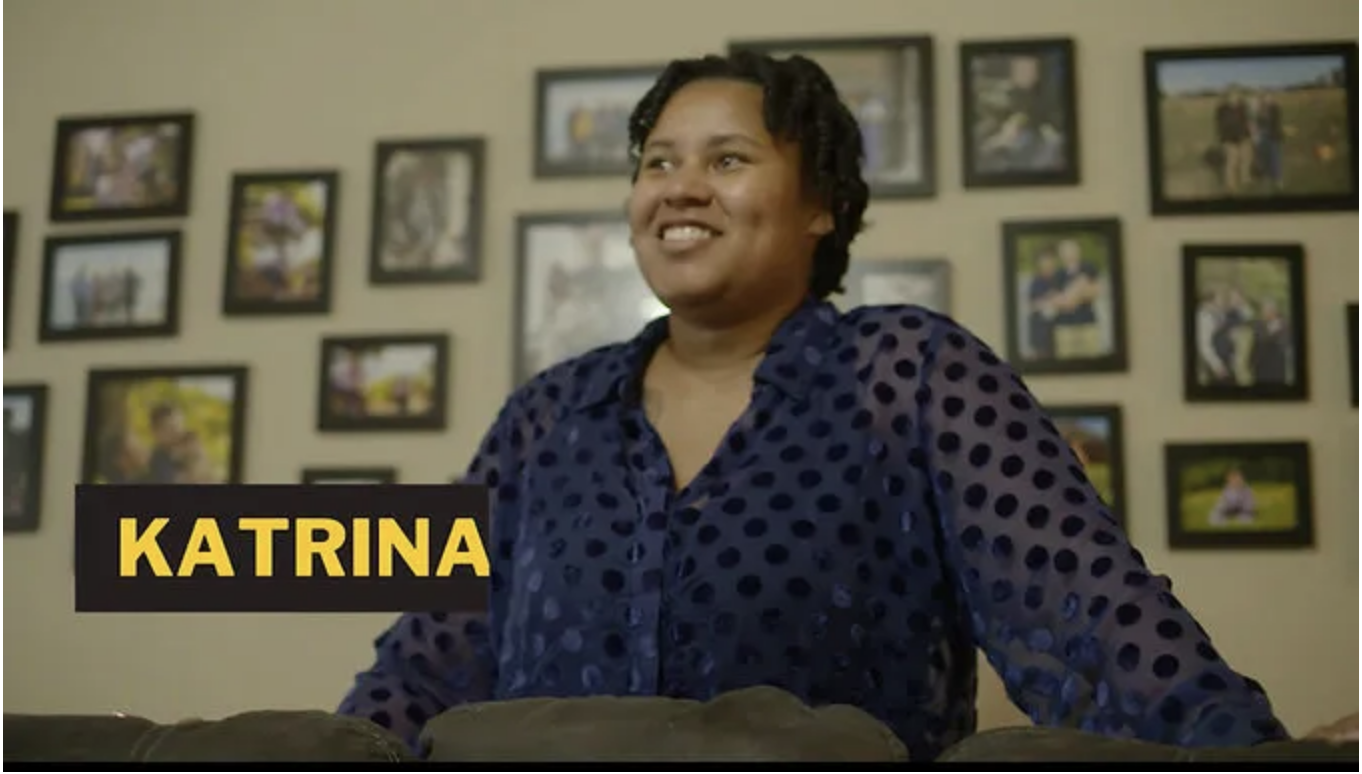
“Gen Z Slang”: The Punchline
With multiple genocides occurring worldwide and many of us seeing firsthand how the media is corruptly covering it all, it has become clearer the power we all have by simply speaking. They know this and are afraid. They know this and are doing everything they can to get us to laugh instead of demand they listen.
The Dangers of Melanated White People
This continues to happen and unfortunately some melanated White people are surprised when their proximity to violent Whiteness gets them harmed as well. They enter violent White spaces using the same mannerisms and words believing that’s enough to keep them from being harmed from the same violent systems, beliefs, and actions. The truth is it will never be.
Death As A Tool of the Oppressor
In my work on psychological safety, I constantly note the needed foundations for safe relationships: trust, honesty, respect and the prioritization of safety throughout. They are all intertwined and it is almost impossible to have one without the other. Yet we see these seemingly basic human needs being dismissed by people in positions of power daily.
Trauma Doesn't Skip Generations
This article on how the Holocaust is being weaponized to justify the suffering of others is a glaring example of what happens when we don’t acknowledge and heal from harm that’s been caused to us and our communities. Similar to the way Black communities globally have had our healing excruciatingly prolonged because of re-written history that refuses any true acknowledgement of the atrocities our ancestors experienced or that we continue to experience. In my piece I Want a White History Month, I write about this large gaping hole left in White people that they attempt to fill with appropriation, deceit and more recently the support of genocide. All these uncared for wounds are bound to be internalized or spread to others.
The Laugh Track Effect
These scenes, characters and films make it harder and harder for these behaviors (Blackface, misogynoir, colorism, transphobia, anti-Blackness, etc.) to be labeled as harmful and for those being harmed not to be dismissed or gaslit. It should also be noted that a lot of these underlying behaviors (gaslighting, manipulation, rejection of accountability, stunted emotional maturity, etc.) and narcissism go hand in hand. Harmful behavior does not need to be framed as comical and it most certainly does not need a laugh track.
I Want A White History Month
Without space for White people to do what they need to do, we are constantly expected to hold this space and to tolerate their stunted emotional maturity around their history. I want and they need a White History Month.
Black Mixed with Black
Anti-Blackness refers to actions or behaviors that minimize, marginalize or devalue the full participation of Black people in life. The spectrum of anti-Black actions and behaviors spans from unconscious bias to motivated acts of prejudice. They include the tolerance of or indifference to the under-representation, differential success and advancement, or experience of Black people in the university.
In fact many of the people inhabiting islands within the Polynesian triangle and those who proudly call themselves People of the Pacific or Pacific Islanders first migrated from West Africa. Hell, there’s even a place called Melanesia. The White-washing of history, mass genocide and raping of local people has lead many to believe this is not true but I know y’all see the physical features the same way I do. I touched on a lot of this in my pieces Moana is Trash and The AAPI Acronym.
Why You’re Still a “Swiftie”
his is exactly why whenever “the female dollar” or “women’s rights” are mentioned the same White women are showcased without any mention of anyone else effected. The truth is this mediocracy is praised and expected. The idea that White women represent all women is why she has such a cult like following. I covered a lot more on this in my piece The Extremely Intentional Disconnect but you’re still a “Swiftie” because you love not being held accountable for your actions and hope that with very little change to your harmful behavior you’ll be given the same handclaps she receives.
Not All Therapists Are Good Therapists
Often people are not able to get past question one. I also make sure to let them know that I have no interest in being hospitalized. A therapist dedicated to providing adequate care and ensuring those in search of care are able to receive the care they need would be able to provide honest answers. Not all therapists are good therapists. It’s better to know that before building a harmful relationship with a bad one.
People Are Not Props
Exploiting, misdirecting, and lying in order to present your business as Black owned is wrong. Black people and other people who are not White are not props. As a brand, if you are using certain faces to promote your brand while White faces are actually at the helm, stop. I won’t even waste my time on the individuals who do this.
Black People Stimming
With psychology and mental health being such White dominated fields, it’s easy to imagine why these behaviors were not annotated as stimming but rather purposeful disruptions. This disconnect is harmful and has led to so much more harm. Black people be stimming. This needs to be acknowledged so we can receive correct diagnosis and get the care that we need.
Ambiguity Is Always Intentional
Last year I was a guest on a podcast focused on racial ambiguity, Our True Colors. I shared that “ambiguity only exists when specificity isn’t present and assumptions are prioritized in exchanges.”
In real life people are proud of where they’re from and who they are. In real life people poke ambiguity with a “stick” often. People, White people, are always asking “where are you really from?”
This leads to one of the top questions around Bonnie being about her ethnicity.
How LinkedIn Lost Me
Many creators in my circle have had the same experiences. I think the most telling part for me, is their Top Voices choices along with the choices they choose to amplify on their own page, it’s always the same types of professionals. LinkedIn has also began prioritizing TikTok stars instead of those who create exclusively on their platform.
I Don’t Care If They’re Blue, Purple or Green
The artist, Nadia Snopek, is White and likely did not consult a single Black person before publishing. In the originally mentioned conversation, Ku’ulani Keohokalole (She/Her/‘Oia), shared something I’ll never forget. She shared that “When people say they ‘don’t care if people are blue, purple, or green’, I tell them there are no blue, purple, or green people. People don’t come in those colors, so what are you really saying?”
Not your BIPOC, POC or WOC
No one knows for sure how or where Black, Indigenous and People of Color (BIPOC) originated but the origin of Women of Color (WOC) has been described by Loretta Ross, cofounder and national coordinator of SisterSong -Women of Color Reproductive Justice Collective. It was originally used to establish solidarity and a deep connection amongst women from different cultural and racial backgrounds. People of Color (POC) finds its roots from “groups like the Black Panther Party for Self Defense and the Brown Berets came together in solidarity as people of color, which was a new instantiation of the idea of people having color.” These terms have have since their origin been carelessly turned into acronyms and used in every fashion imaginable under capitalism.
